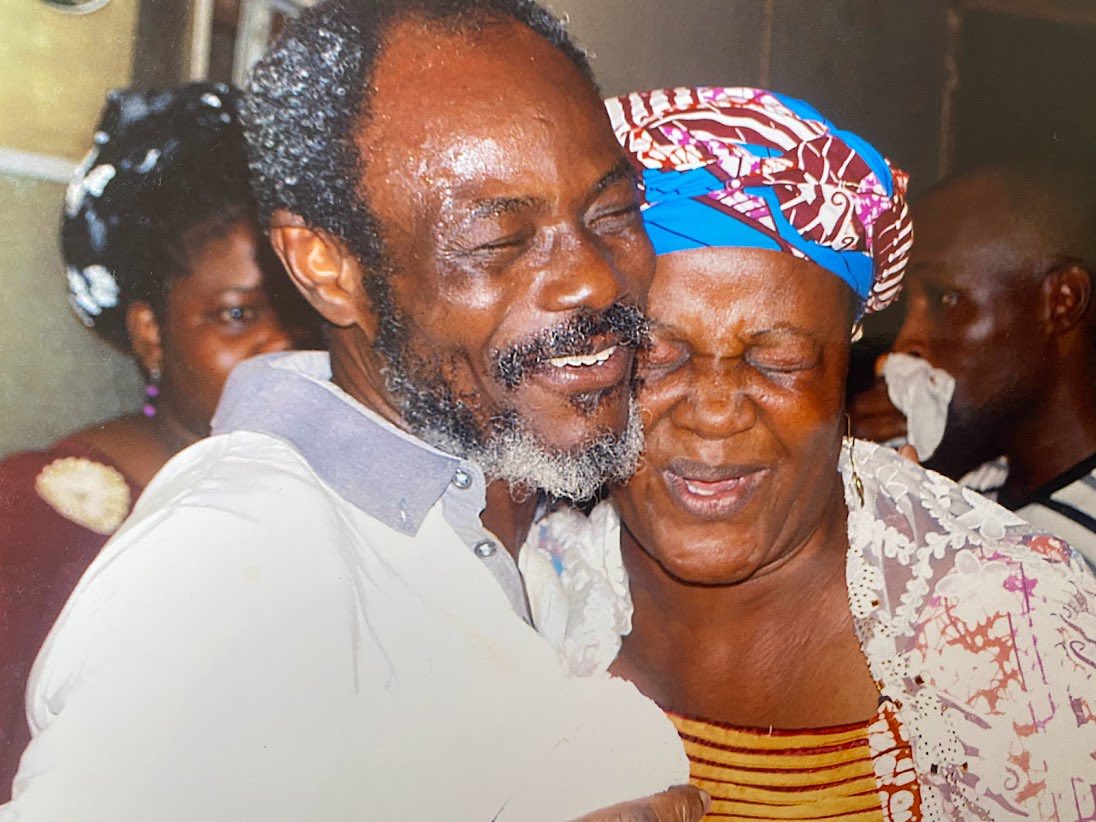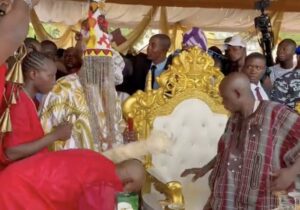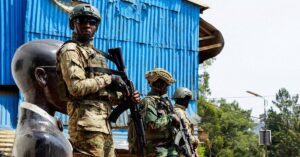
Since 2014, when over 200 schoolgirls were abducted by Boko Haram insurgents in Chibok, many have remained wary of the southern Borno town.
But that didn’t scare Moses Oyeleke, a pastor with the Living Faith Church who had served in Chibok. Born and raised in Borno, Oyeleke knows the southern Borno axis like the back of his hand. He speaks Hausa and Kanuri fluently, camouflaging his Osun roots to blend in with the locals.
Perhaps, that was what saved him during his frequent and brief encounters with the Boko Haram insurgents whenever he explored the area on his motorcycle. But none of that mattered when the pastor’s luck ran out and sent him to seven months of captivity with the terrorists.
On April 10, 2019, Oyeleke set out from Maiduguri, on a directive from his church’s headquarters to deliver relief materials to internally displaced persons (IDPs) camped in Chibok. A few kilometres from Bama LGA was a military checkpoint in Yale, a small village.
Moving with two trucks, one filled with grains for the IDPs and the other occupied by him, a corps member identified as Abraham Amutu and the driver was enough to raise brows from the soldiers on guard. But the armed soldiers were not the only ones curious about what he was carrying.
A number of Boko Haram insurgents who were already on treetops “just 200 metres ahead” also had their interest piqued. He later knew this from the group’s leader who he came to know as “commander small”. After a satisfactory check by the military, Oyeleke and his co-sojourners continued their journey but their trip was cut short by the insurgents already swinging from the trees, waiting to waylay the trio.
“It was the driver that first saw them, they were high up on the tree,” Oyeleke tells TheCable. “So, they were able to see people coming and everything that was happening at the military checkpoint. They told me that when a vehicle is coming and they notice it stayed at the checkpoint for a long time, they understood that the vehicle had valuables. But people don’t know that because while we were there, other vehicles were passing freely because they did not have as much load as us.
“We had not gone far after the checkpoint before the Boko Haram attacked us. The first thing we heard was gunshots. They shot at our tyres and brought our trucks to a halt.”
The grain truck driver escaped but at the will of the terrorists. The reason, Oyeleke said the terrorists told him, was to “tell people what he had seen” — to spread the terror.
Afterwards, he and the corps member embarked on a “four-hour walk” to the terrorists’ base while the other driver was instructed to drive the food truck. It wasn’t quite a distance, he recalled, before they began to hear gunshots from the soldiers who were just a few meters from the scene of the attack. But they were already in the thick of the forest and the terrorists knew the area better – that was how they managed to stay out of the soldiers’ radar.
“While we were walking, we were meeting other villagers in the Boko Haram settlements. They would see us and shout ‘Allahu Akbar, happy that we were arrested. Sometimes they would give us water, sometimes they would allow us rest,” he recounted.
Combining a “normal” life with activities of crime is a routine for the terrorists, Oyeleke discovered. They own bakeries and go to small markets in the village to do business. There are families and there are the combatants regarded as soldiers. Slinging a gun across their torsos with a hoe in hand to till the ground was not something Oyeleke could reconcile. That was the reason he couldn’t eat his first meal of “rice and beans and chicken” offered on his first night with the insurgents.
“I remember it vividly. They offered us food – rice and beans and chicken – but I couldn’t eat it. Maybe it was the fear in me, I don’t know. They told me in Hausa that there was nothing in it and that I should eat, so I just took a spoon so as not to anger them. Even after they showed us where we would sleep for the night, I couldn’t sleep,” he said.
It was the crippling fear Oyeleke had that made him hide his identity as a pastor the following day when he was questioned. He had heard of how Christians, especially the leaders, suffered gruesome deaths at the hands of the terrorists and he did not want the same fate. His new identity was an onion farmer on his way to Gwoza to check his farms.
Later that evening, sandwiched between two heavily armed Boko Haram fighters, and a fleet of motorbikes as escorts, Oyeleke began his sojourn into Sambisa forest, the hideout of Abubakar Shekau, the leader of the group until his demise. The forest, to the extremists, is referred to as Dar al-Islam, a dominion of Islam. To them, it is a country, and Oyeleke and his fellow captives would stay in Irasa, one of the “states”.
The journey from Bama to the forest took over a day, mostly because they travelled at night to cover their tracks.
The uncertainty of his fate intensified when “six well-kitted soldiers, smartly dressed like our Nigerian army, with only the turbans on their heads as a distinction, arrived on bikes” and inspected them, announcing that they would take him to Shekau. In between their intra-Sambisa trips, Oyeleke recalls being served, again, with “rice and beans and chicken” for dinner.







